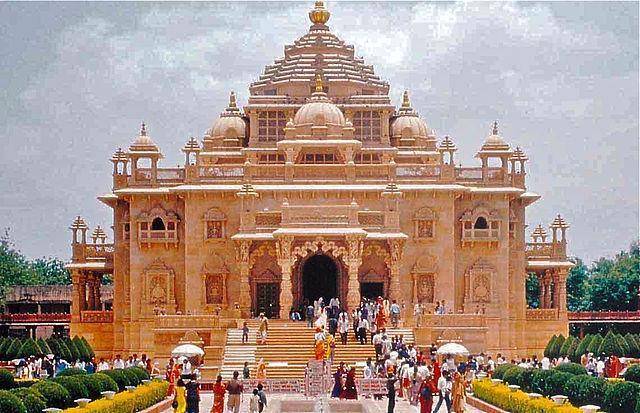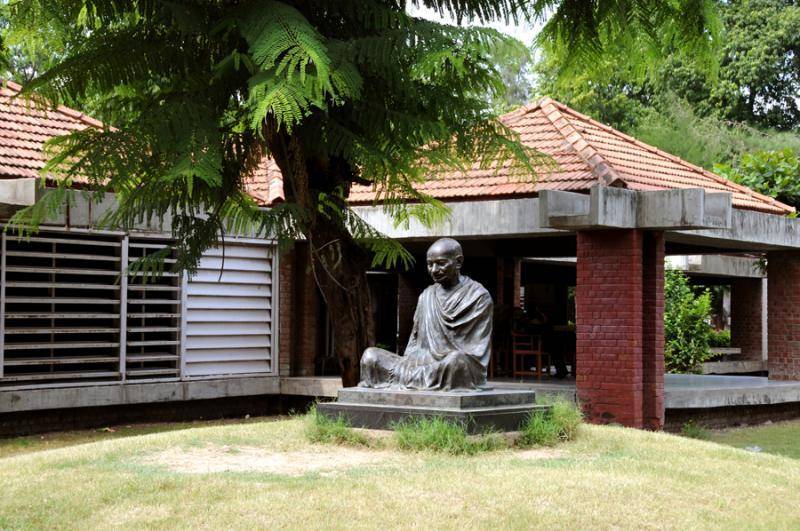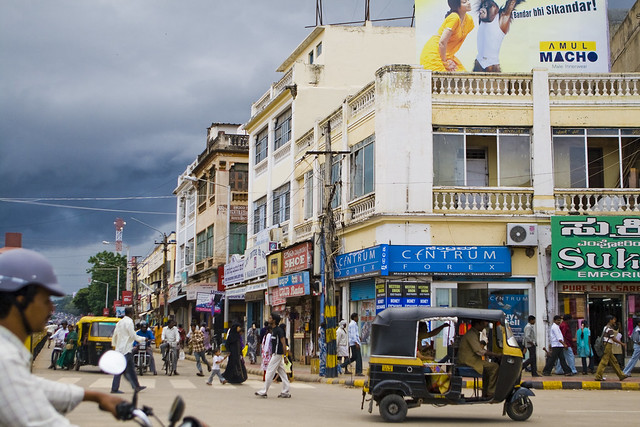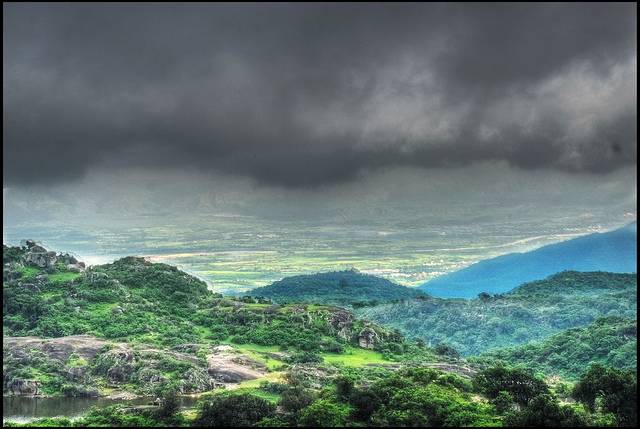About Indroda National Park
The Indroda Dinosaur and Fossil Park in Gandhinagar in the state of Gujarat, India, has been described as the second largest hatchery of dinosaur eggs in the world. The Park was set up by the Geological Survey of India and is the only dinosaur museum in the country. It is also know an "Jurrasic Park of India" though in fact, the fossils are from the later Cretaceous period, not the Jurassic. Several fossilised dinosaur eggs and skeletal parts have been found here. The fossils which were found in the region date back 66 million years ago.
Apart from dinosaur, park also house a massive skeleton of blue whales (an adult and a juvenile), one dolphin and a dugong have been displayed with detailed interpretation. The fossils of a large number of sea animals have also been displayed.
The fossils were found in the Songhir Bagh Basin, the Himatnagar basin of Balasinor, south-eastern parts of Kheda,Panchmahal and Vadodara districts of the state.
Spread over an area of about 400 ha in Gandhinagar- the capital city of Gujarat, the Park is divided into two parts on the banks of river Sabarmati. The western part is known as Indroda Nature Park and the eastern part of the river Sabarmati is known as Wilderness Park. This park is part of the Sarita Udhyan, which is situated in the famous Indroda village in Sector 9. The zoo at INP has animals like leopard, spotted deer, sambar, bluebull, blackbuck, chinkara, jackal, four-horned antelope, crocodile, porcupine, about 180 birds (42 species of birds in the aviary). The Park also serves as a roosting ground for migratory birds, which build their nests every year in the wilderness of the park.
Location & Places to Visit on Indroda National Park Map
View destinations and attractions nearby Indroda National Park, on an interactive map.
Freedom to make your own trip!
What you want, when you want and how you want.



















